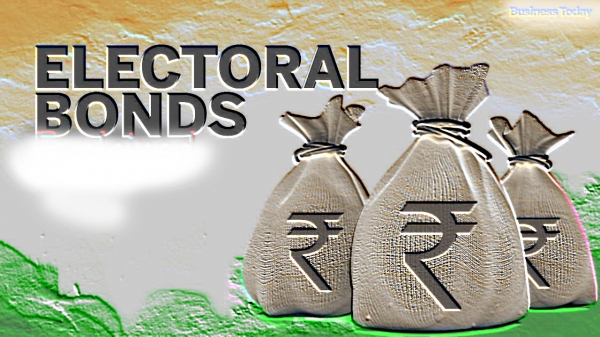In all democracies, political financing is a grim business, big or small, old or new. Unlawful under-the-table contributions aimed at buying influence or policy / regulatory favors have clouded all democracies, and India is no exception to this pattern. The National Democratic Alliance (NDA) government's recent addition of a new political financing scheme called Electoral Bonds (EB) in 2017 has aroused enormous public interest in its alleg....
Tags : democracies, political financing , Electoral Bonds, interest-free banking, political parties,


comments (0)